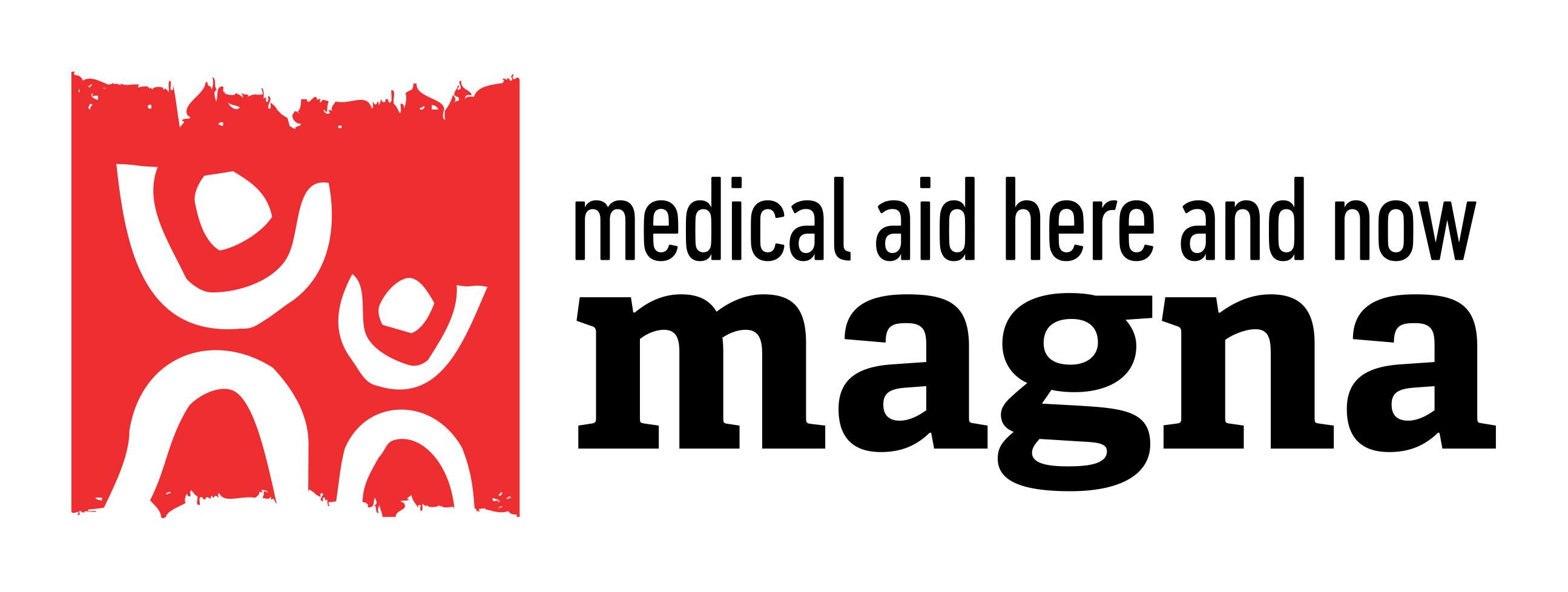Two thirds of sexual violence victims in Congo are under the age of 18. MAGNA helps hundreds of them every week.
If an uninitiated reader comes across the abbreviation SGBV, je probably has to Google it. However, these letters do not hide any secret, but millions of stories of suffering, humiliation, and life-long scars on children and women.
Sexual and gender based violence (SGBV) is not an issue that relates to a single country, religion, or culture. The numbers speak for themselves – physical or sexual violence has something to do with every third woman in the world.
The Slovak humanitarian organization MAGNA works with victims of sexual violence for over half a century. Its activities are focusing on mainly countries, where sexual violence belongs to daily reality. The biggest project of MAGNA takes place in the Democratic Republic of Congo (DRC), where this problem is a real issue. Congo has a patriarchal community, where women have a lower ranking than men and sexual violence belongs to a daily reality.
Sexual violence is often an accompaniment in countries that have been hit by a humanitarian catastrophe or war. Chaos in conflicts or catastrophes is often used by individuals or groups of violators that act from their position of power. That is why MAGNA helps victims of sexual violence in almost all of its projects in Cambodia, South Sudan, Syria and Lebanon.
98 percent of the victims in eight hospitals in Kinshasa, DRC, where MAGNA actively operates medical and psychosocial care, are children and women. Two thirds of them are between the age of 12 and 17. A fifth of them is under the age of 10. Half of the violators are known to the patients. The violators are armed men, but also regular people like teachers, policemen, neighbours, friends or even family members.
The Congo mission is first of its kind, where MANGA created a systematic project for the prevention and complex help to victims of sexual violence. Since 2011, its victims receive medical care, prevention of sexually transmitted infections and psychological, social and legal support. Monthly, MAGNA in Congo registers more than 70 new victims and offers treatment and care to hundreds of patients. Besides acute care it is also very important for the patient to receive prophylactic treatment against HIV/AIDS or Hepatitis and tetanus within 72 hours. MAGNA also secures emergency contraception and in case of pregnancy, it offers prenatal care including birth. A part of MAGNA care is also the elimination of posttraumatic stress syndrome. There are more than 100 therapies per month with MAGNA therapists and psychologists. Trauma from the attack is not eliminated, but this systematic helps to protect from permanent social and medical effects.
MAGNA medical staff is always in contact with local communities and their leaders that spread their word further. Young people in communities learn to not close their eyes and to seek for help as soon as possible. It is always very important for MAGNA to cooperate with the police and armed forces, so that they can perceive sexual violence as a real problem. MAGNA organizes mass schoolings for the members of police and their leaders. Once they join the project, it helps to identify the victims sooner and makes the medical aid more effective.
The awareness about this issue is spread during the International Day for the Elimination of Violence against Women. We commemorate it on the 25th of November. This year, the UN will have a 16 day campaign to fight for women rights. It will culminate on the 10th of December on the International Day for Human Rights.
